All in good time
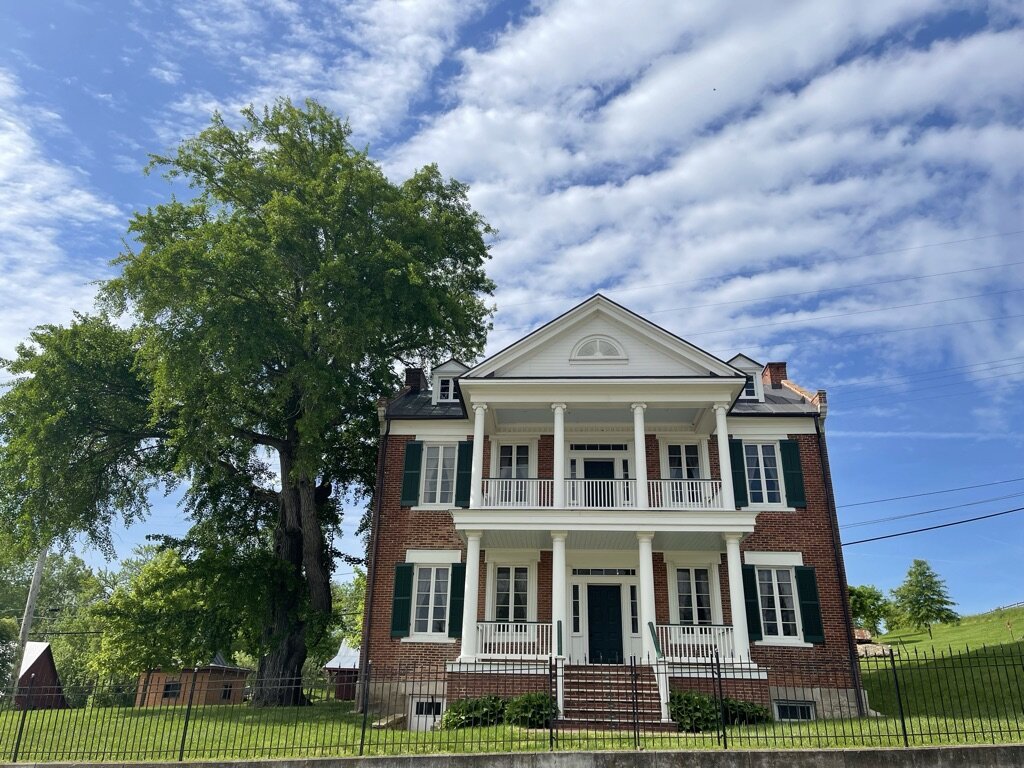
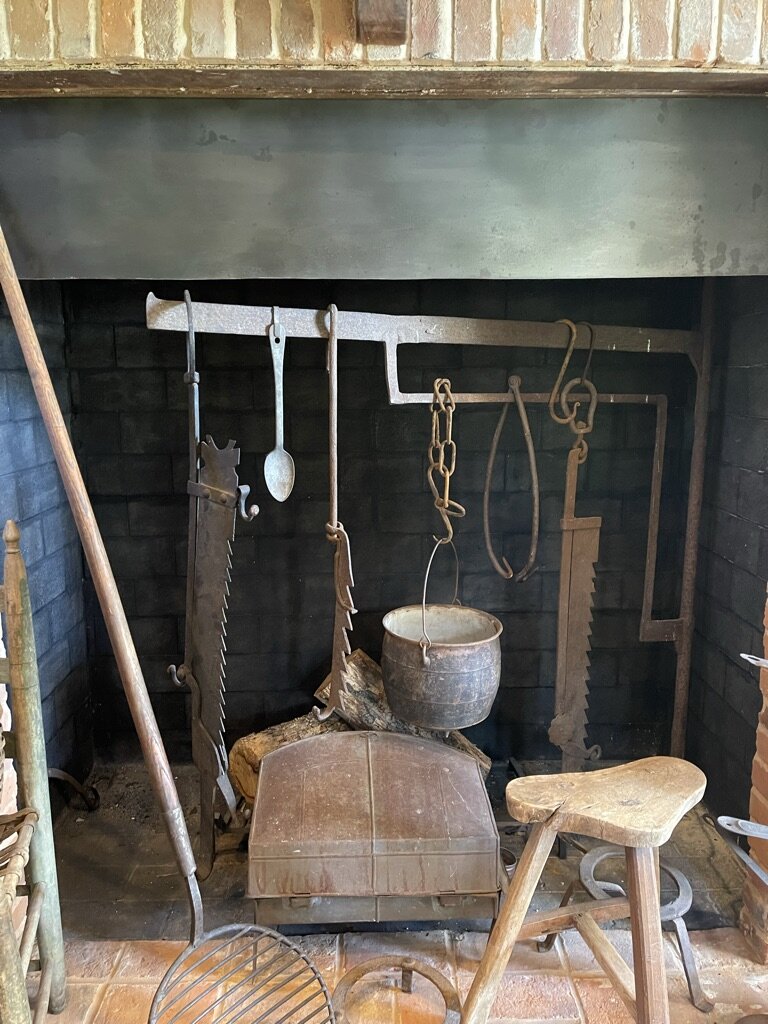
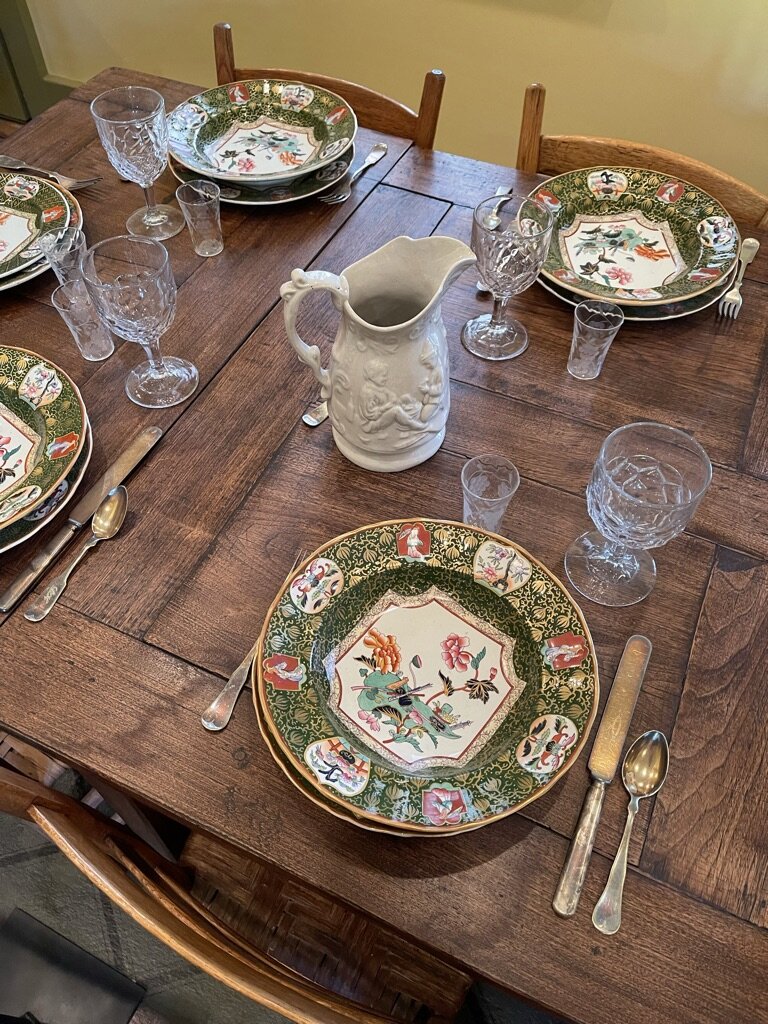
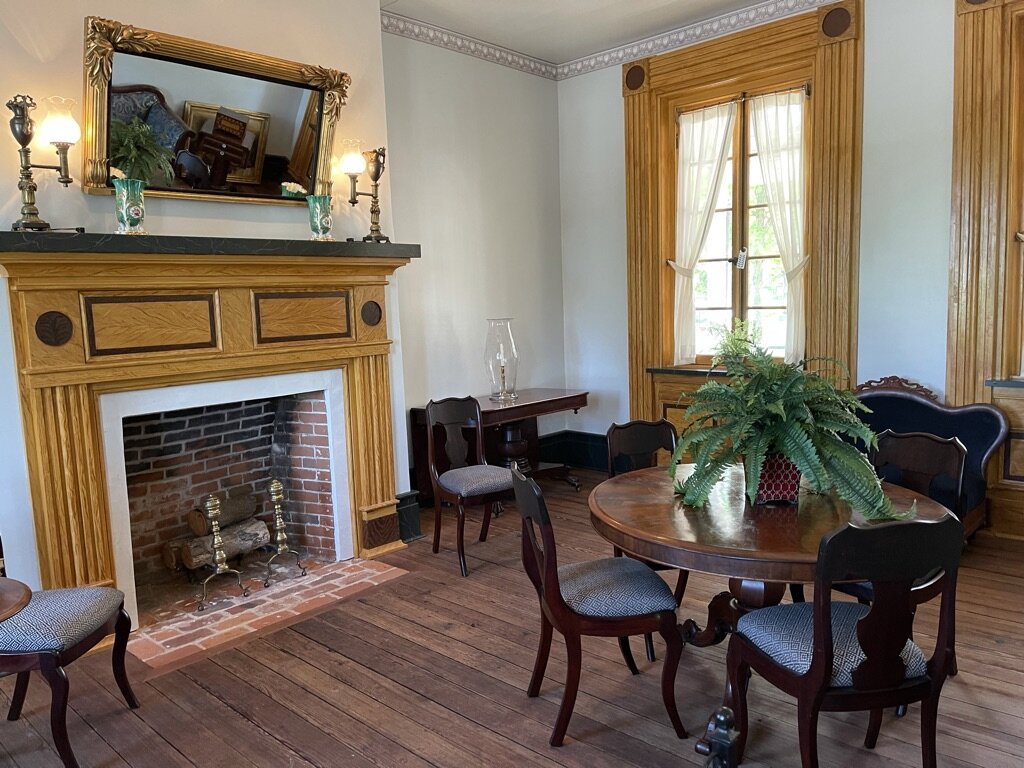
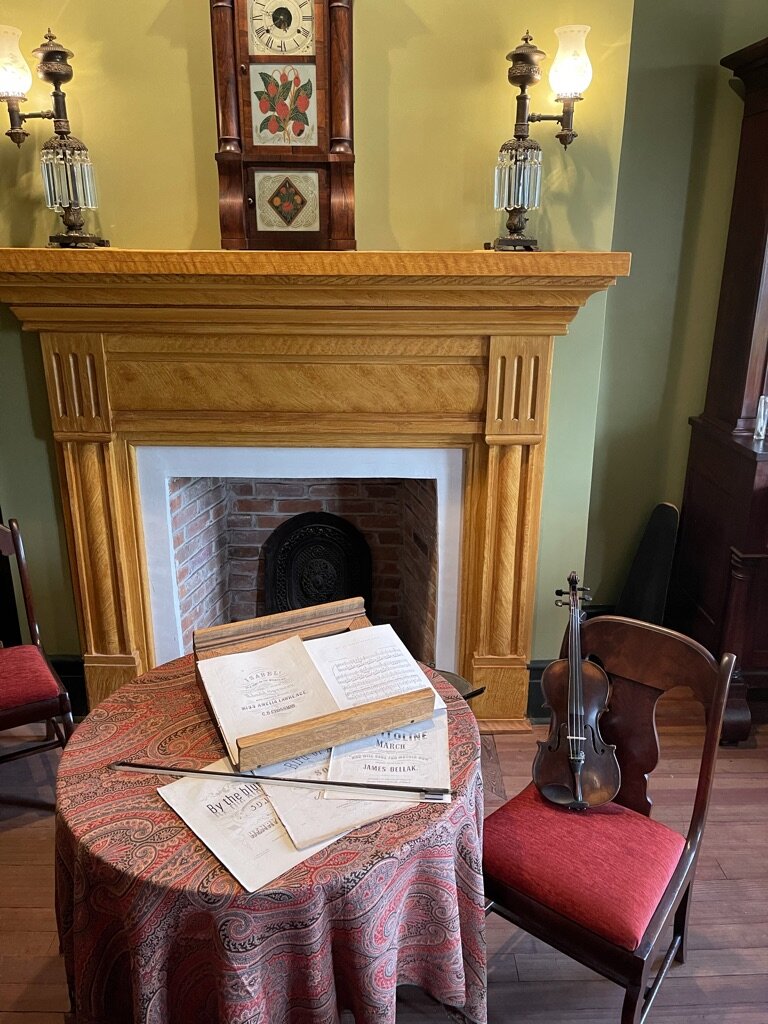
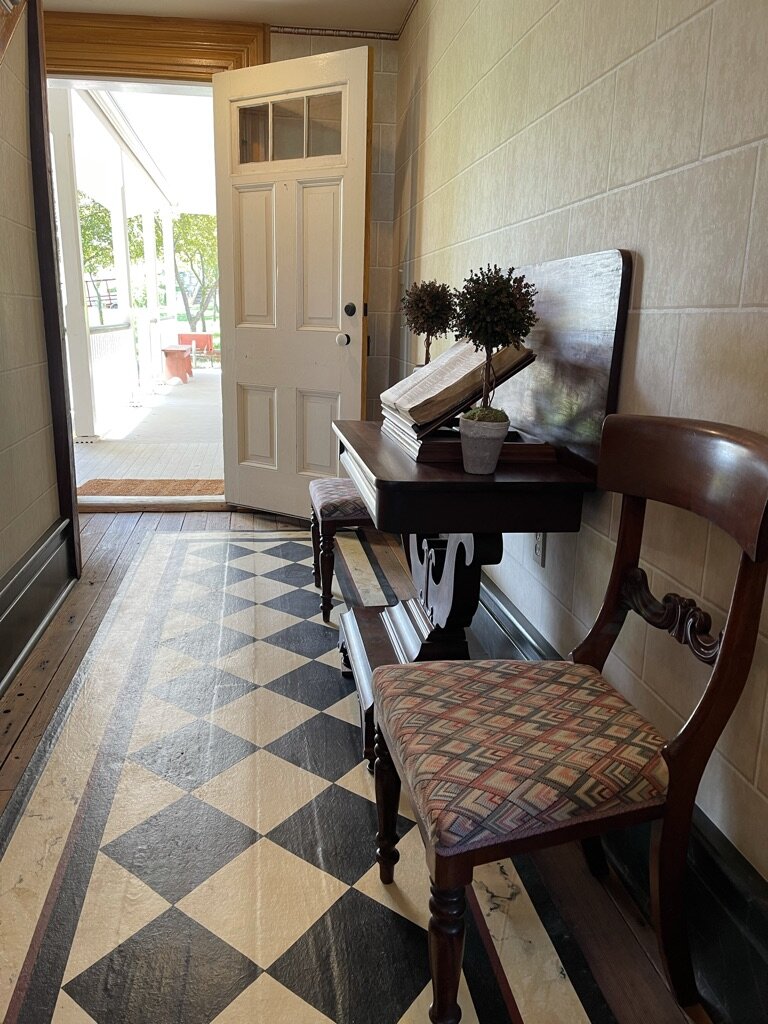
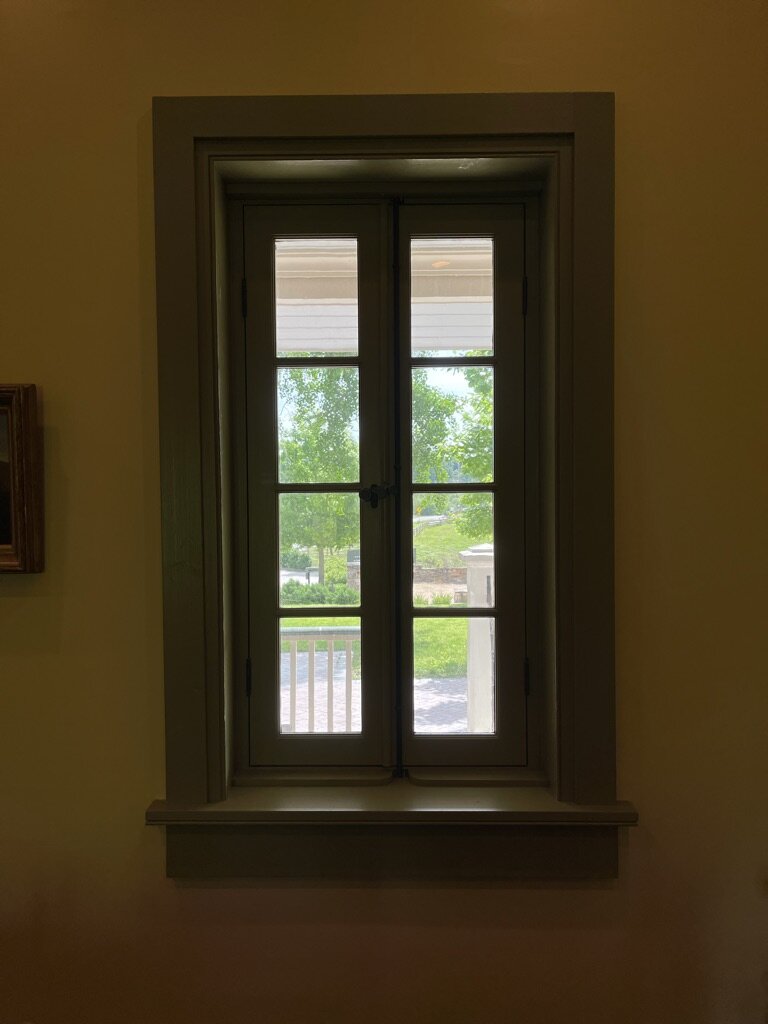
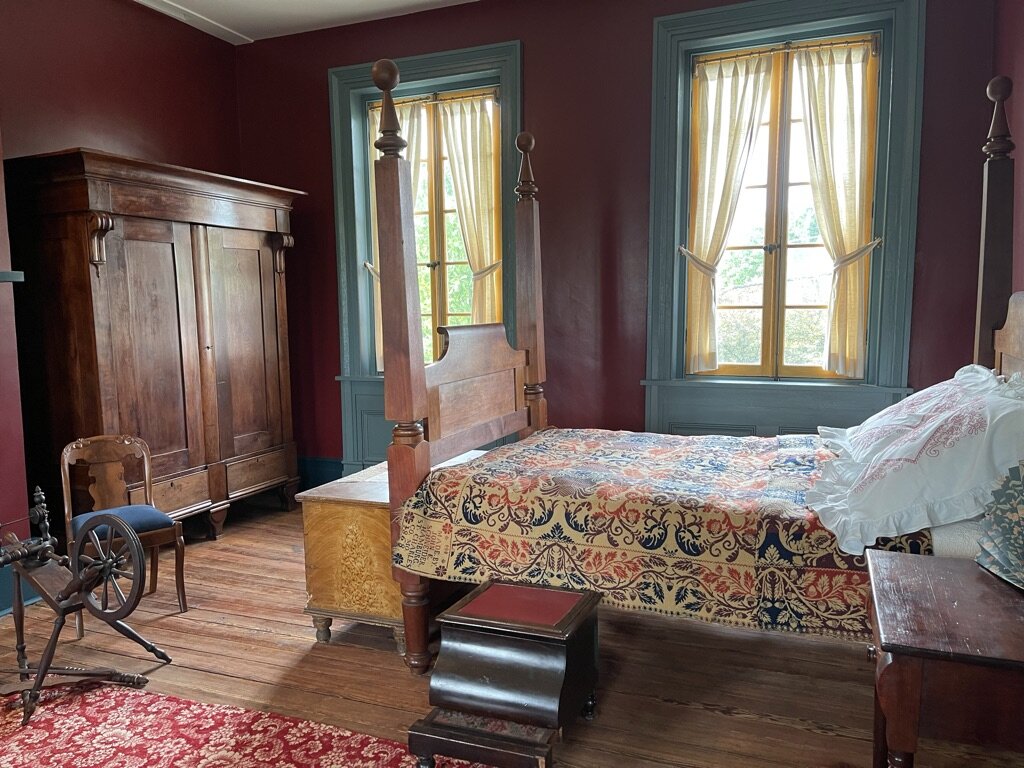
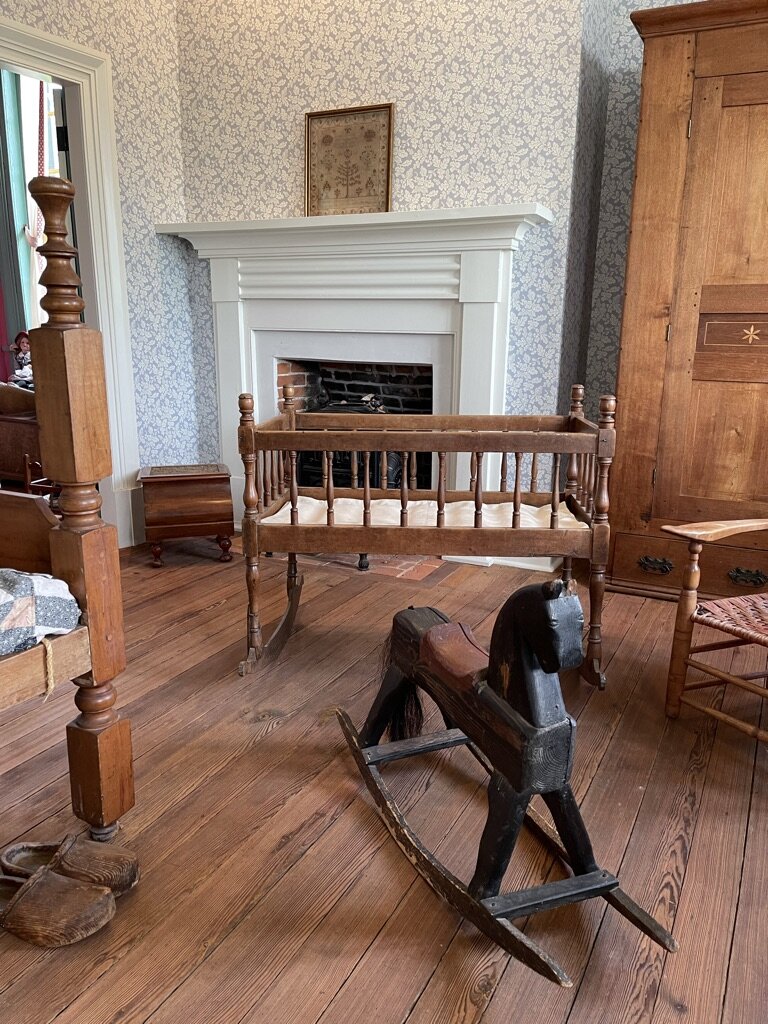
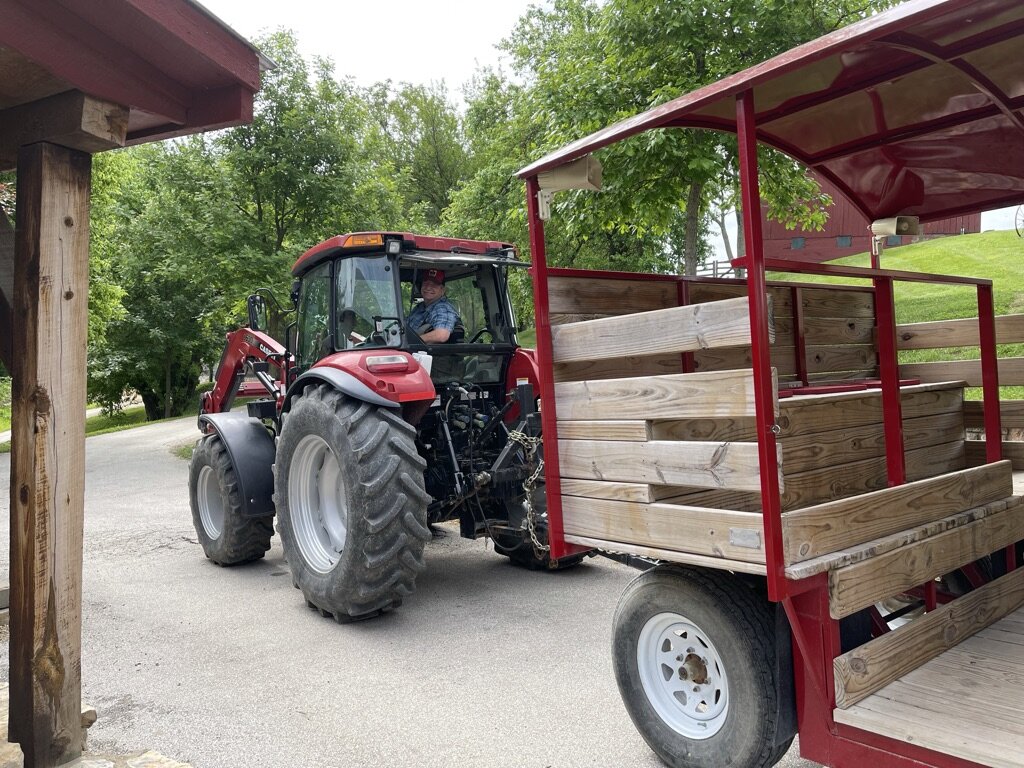
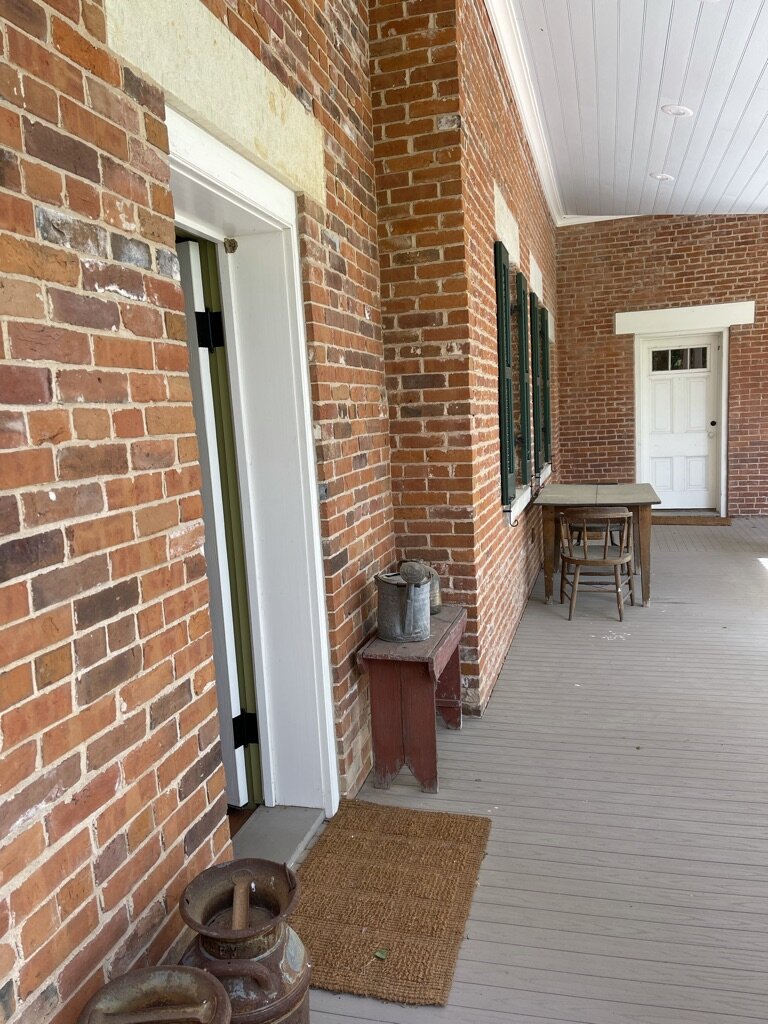
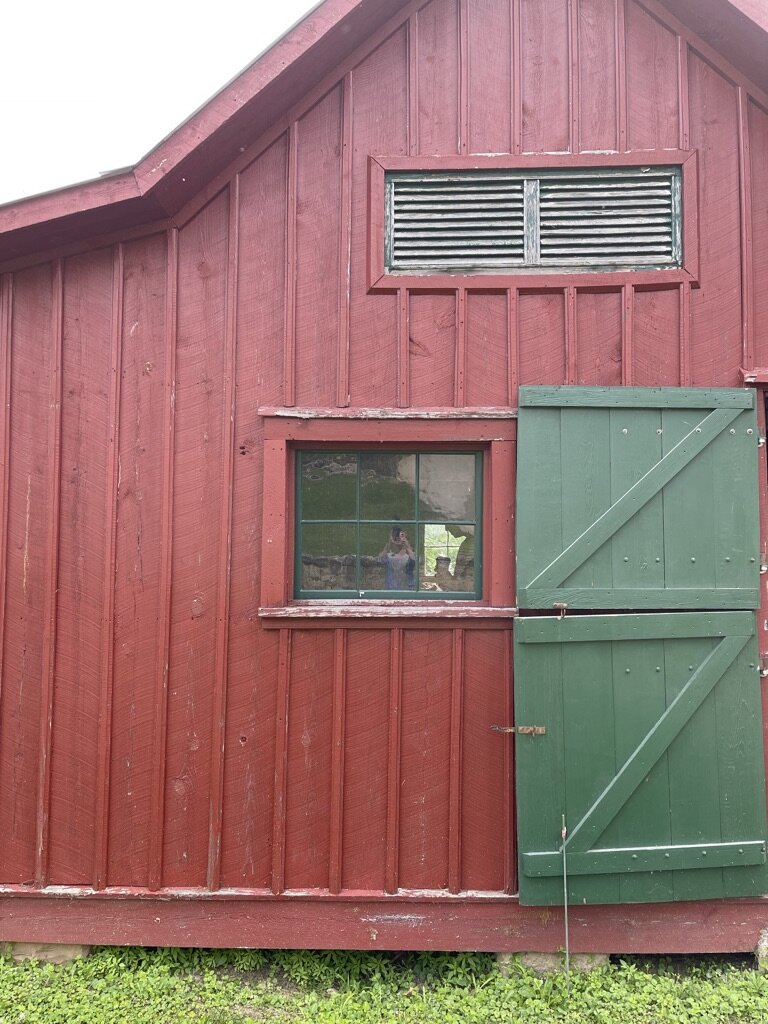
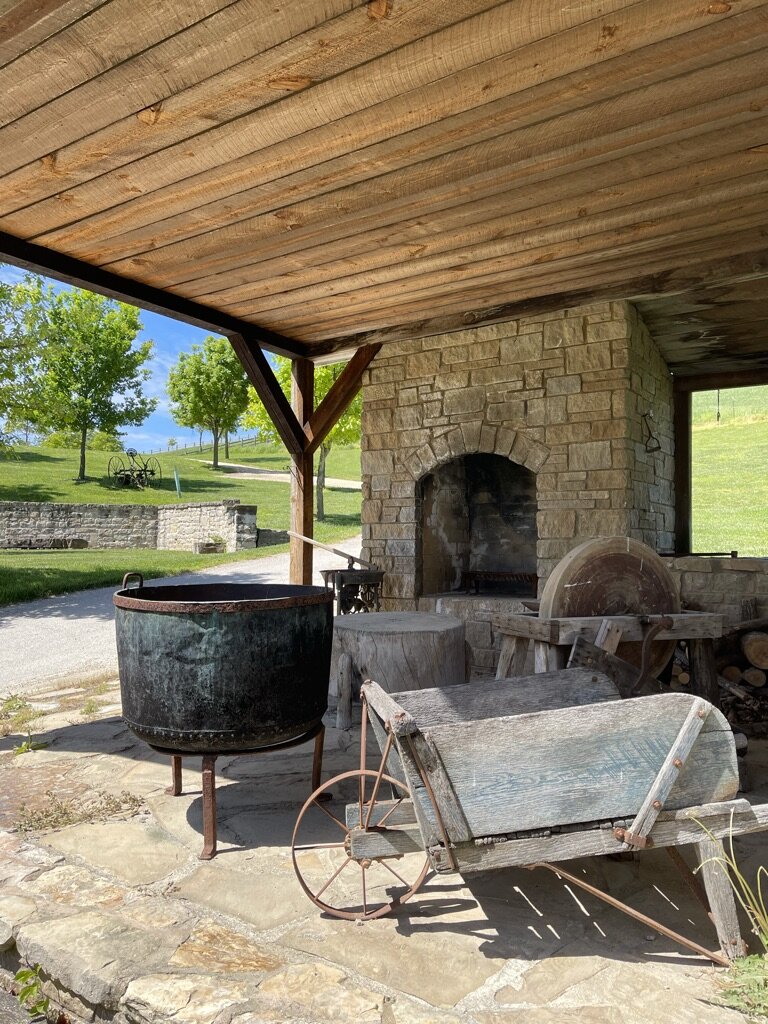
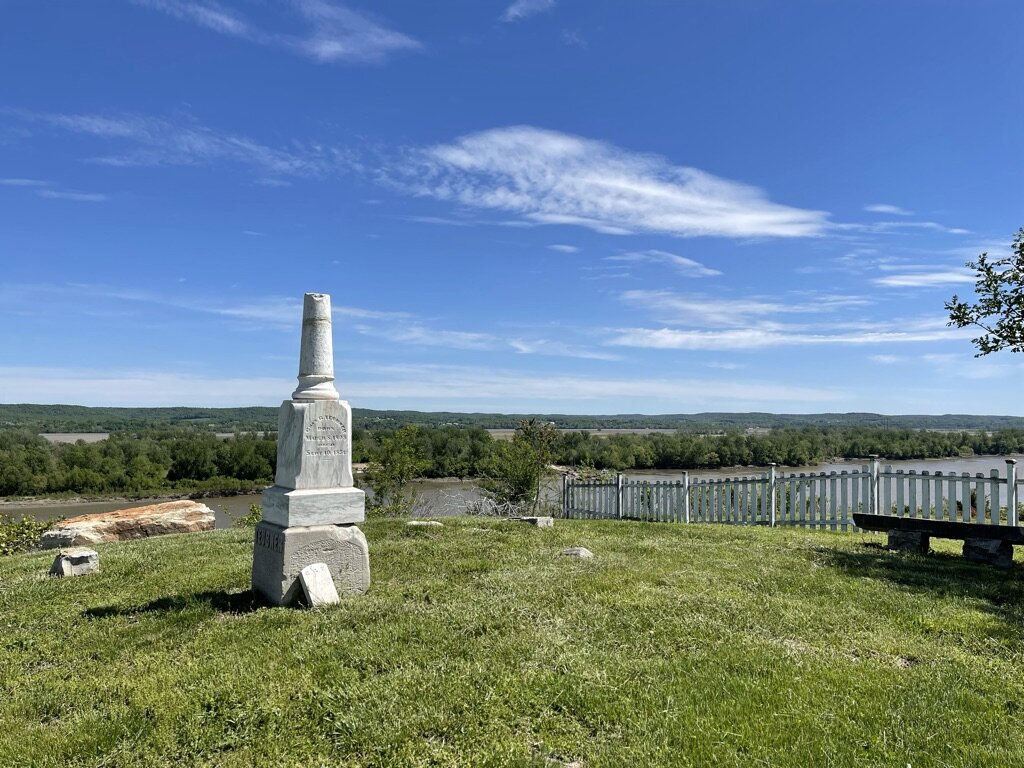
Hermann Farm + Museum is the historic home of many with an impact on Missouri’s wine industry and the historic 1847 Federal-style Teubner-Husmann House, shown here, is at the center of the Farm’s story and a main stop on our two-hour tours.
The history of the Farm begins with Charles Teubner, who purchased the 200-acre parcel and planted the hills with grapevines and fruit trees. He became one of the most successful grape growers in the region and in 1847, he married Josephine Husmann. Soon after, Josephine’s father Martin died and her younger brother, George Husmann, moved into the Teubner household at the age of 20. This set George on a path that would lead to him being considered not only the father of viticulture in Missouri, but also in Napa Valley. More on that later …
Part of the work that I am doing at Hermann Farm is helping to more fully tell the story of the people who called this 200-acre farm home, along with the history of the town of Hermann and, more broadly, the German immigrants who sought a place to call their own, as well as the indigenous people who called the Missouri River Valley home for millennia.
We have our new research intern, Lindsay, coming on board next Monday. She’ll be living on the Farm for the next three months, exploring and recording the history of the people and their work and as well as the built environment that has been so painstakingly restored by the Dierberg family. There’s so much to learn — from the buildings on the property, which includes a trading post built in the 1790s that, we believe, was run by a widow named Polly Phillips who sheltered some of Hermann’s original settlers, to the type of grapes and fruit trees that Charles Teubner and George Husmann cultivated.
And then there’s the Civil War history, which I am very interested to learn more about. Capt. Charles Manwaring, who became Husmann’s business partner after the death of Teubner, was killed by Confederate bushwhackers on the warf in Hermann in May of 1864. The people of German descent in Hermann were virulently anti-slavery, but Missouri was a divided state and there’s a lot of complicated history to untangle with regard to how the Civil War impacted the town, the region and the state of Missouri. All in good time, as they say, right?
As Lindsay and I uncover bits and pieces of history, I’ll post them here for you to enjoy — eventually, the full stories will be published on our soon-to-be-relaunched website. The plan is to have entire sections devoted to chronicling the stories of what has happened here over the centuries — it fulfills the mission of the Farm, but it also fulfills my desire to learn more about this historic river town and the people who have called it home.
